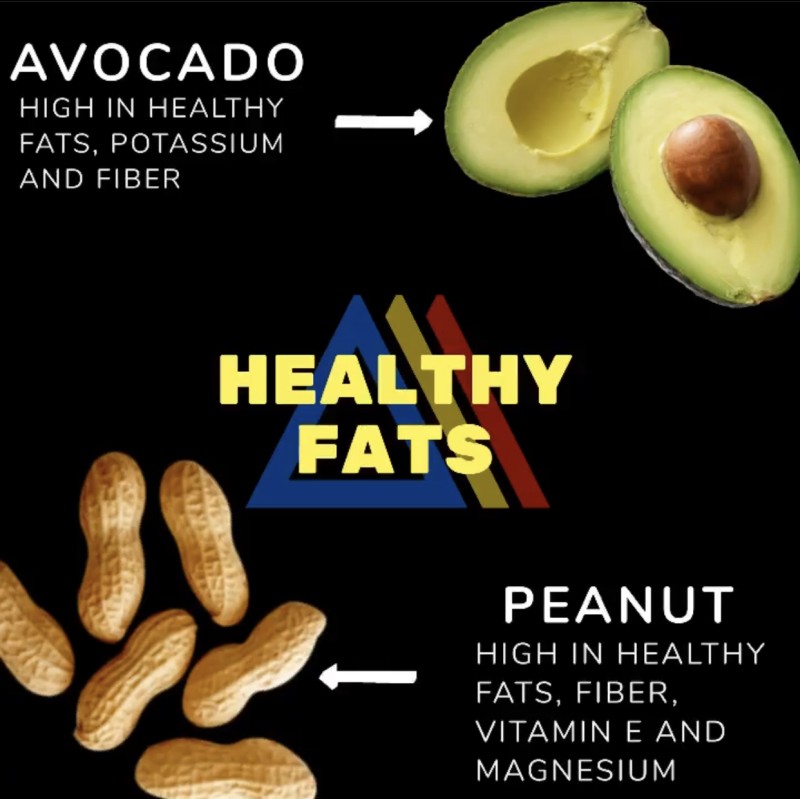


Food science is something that’s always changing, which ends up creating a lot of conflicting information about what you should or shouldn’t eat. Even when new studies come out with new information, there will often be opposing voices. It’s hard to keep track of what you should follow.
For example, milk was a staple in many American households when we were kids because parents were told that it was essential for children in building strong bones. While calcium is key to having strong bones, milk isn’t going to prevent bone fractures or osteoporosis. On the other hand, a lot of anti-milk people will say that dairy harms bones. (Honestly, there is so much information and a lot of weird myths about milk that I never knew about…) Here’s some actually useful information though: Milk/dairy is protein-rich and provides calcium, as well as vitamin D, magnesium, potassium, and other nutrients. Depending on what form of dairy you’re consuming, there will be different amounts of fat as well.
For a while, many people believed that eggs were bad for us because they are “high in cholesterol.” Fortunately, that’s not the case. As it turns out, saturated fat in food has the greatest effect on blood cholesterol and thus the biggest factor in cardiovascular health. Eggs are a good source of selenium, zinc and iron, antioxidants, vitamin D, and other nutrients like B6 and B12. Egg yolks do contain more calories and fat than egg whites, but they are still nutrient-dense.
A really popular myth is that carbs are bad for you. I wrote a whole blog about carbs and why they get a bad rap, so I’m not going to get into it, but if you want more info: https://trifectastrong.com/mar20/breakin-down-carbs/ I’ll give you the short version: Carbs aren’t bad for you, you need them to survive and to have energy. Most people think carbs = pasta, rice, bread, but that’s not the case. Healthy food like vegetables and legumes contain carbs too; the stuff you need to survive on and to have a healthy diet.
Also, “fat is bad for you.” If you still believe this after reading my blogs…you should know better. Fat is like protein and carbs; it’s one of the necessary parts of our diets. There are foods that contain good fats (monounsaturated and polyunsaturated fats specifically), that are beneficial for your health. So fat found in avocado, salmon, nuts, and olive oil, for example, aren’t the same as fat from fried foods, which is linked to heart disease, stroke, diabetes, and other chronic conditions.
“Healthy food tastes bad and I can’t afford it.” I could write a whole blog on this alone. I’m not going to say that this is blatantly wrong; yeah, grocery stores with “healthy foods” cost more. And if you’re buying premade healthy food, there’s no doubt that will cost more than your average fast food place. But if you can plan ahead and cook food yourself, that’s one easy way to keep costs down. And “healthy” doesn’t mean you can only eat plain rice, dry chicken, and steamed broccoli. There are a lot of tasty recipes out there, and knowing exactly what is going into your food is already one step toward eating healthier.
When I was doing some reading about common food myths, I found a lot of strange ones that I’ve never heard of, and it reminded me that a lot of people have theories about food and diets. What are some food or diet-related myths or questions that you’ve heard of? Let me know in the comments!